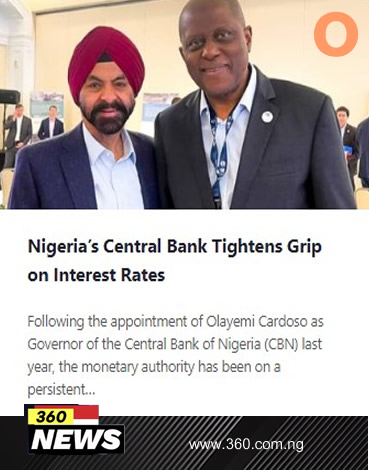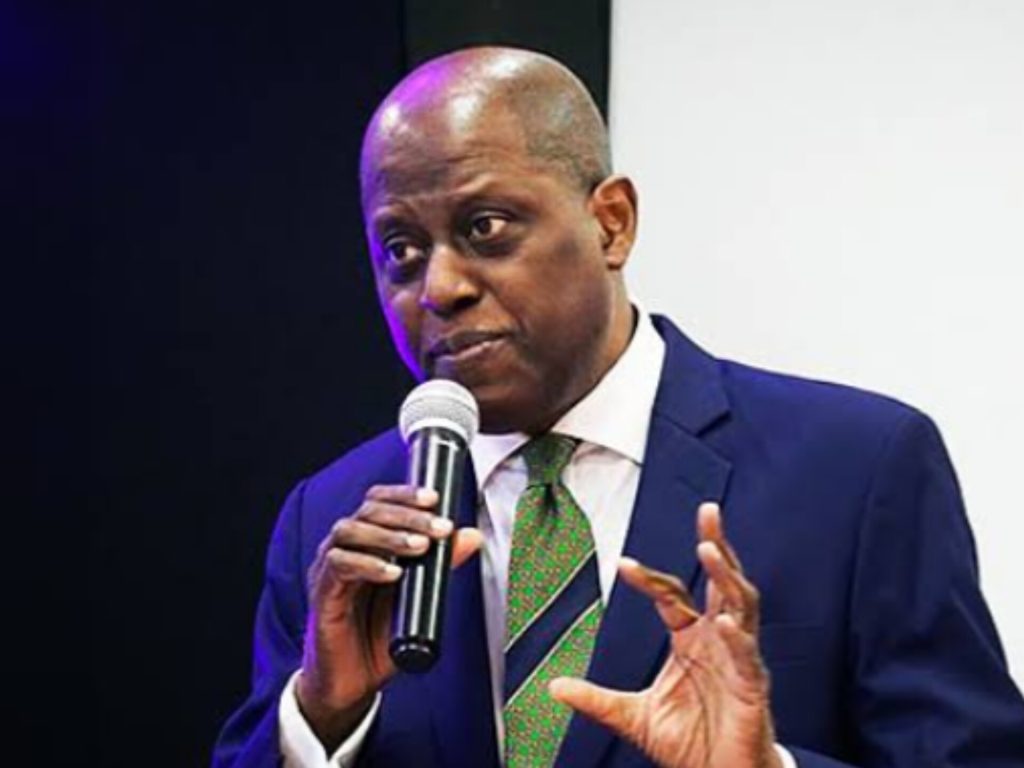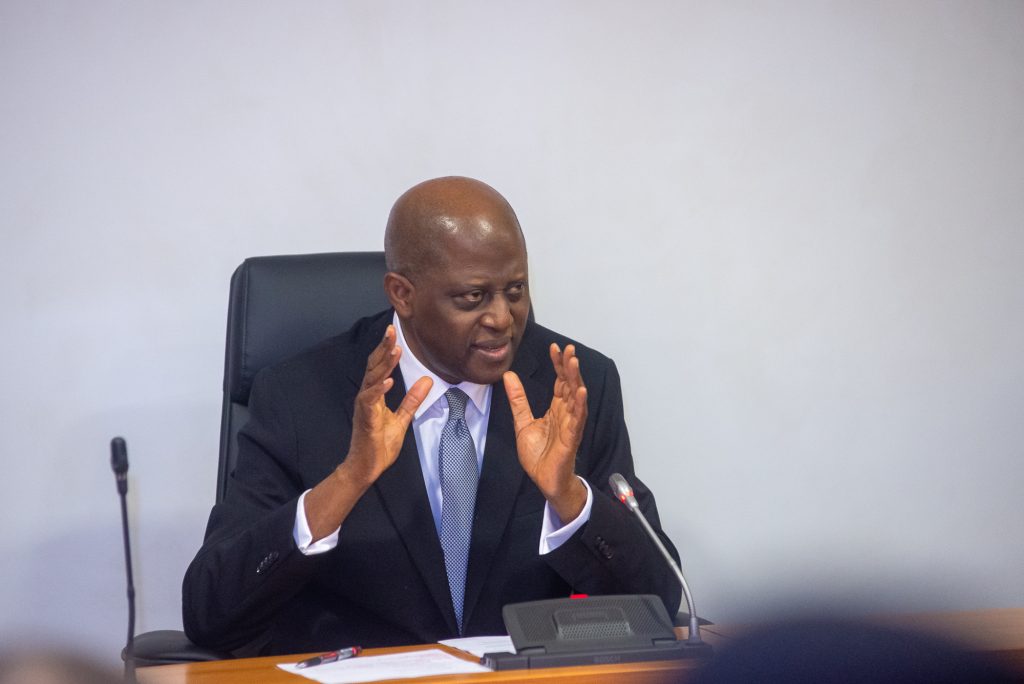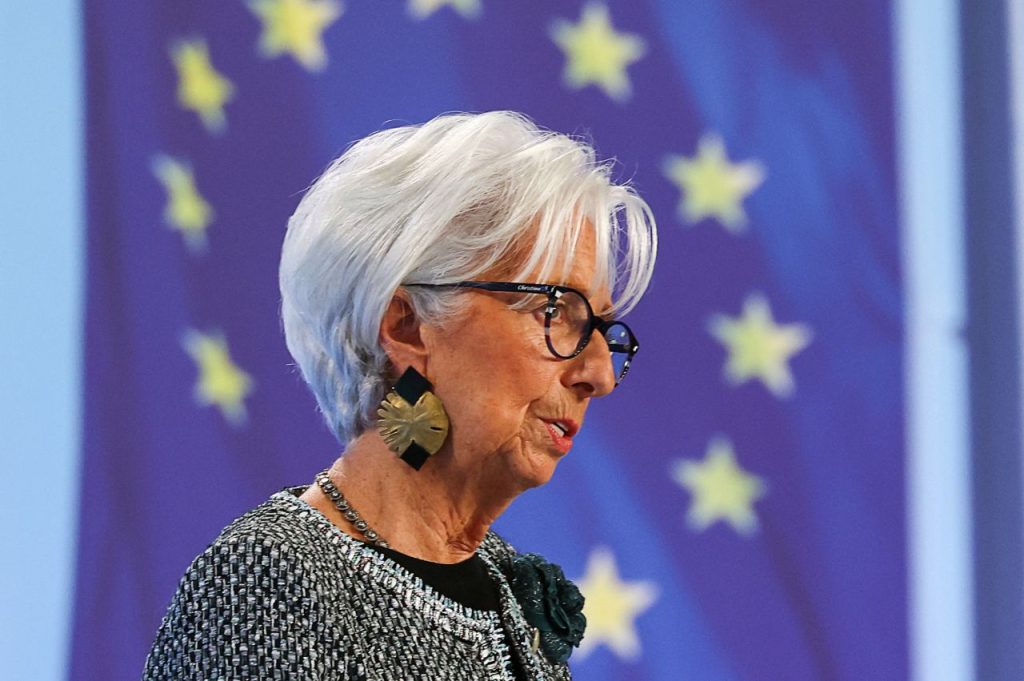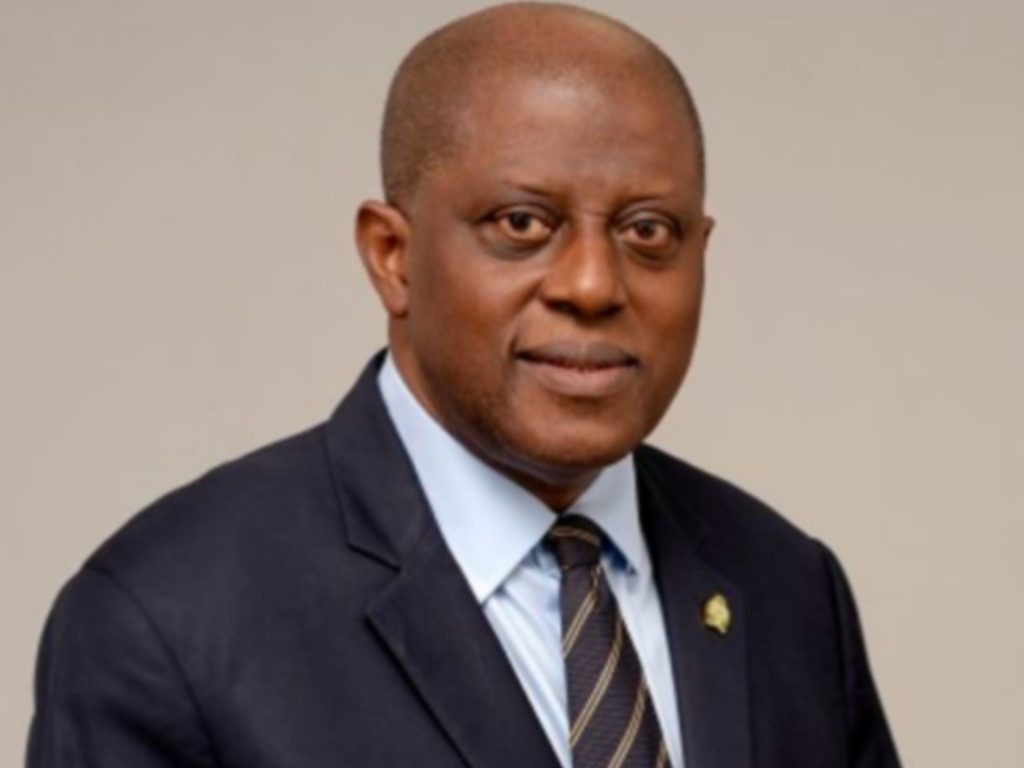Nigeria’s Central Bank Tightens Grip on Interest Rates
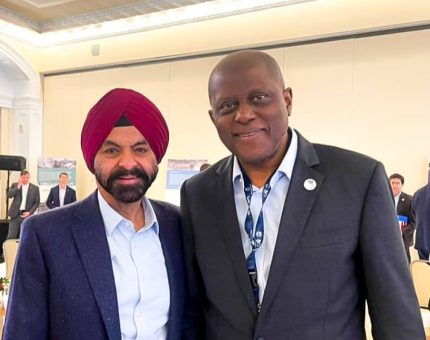
Following the appointment of Olayemi Cardoso as Governor of the Central Bank of Nigeria (CBN) last year, the monetary authority has been on a persistent course of interest rate hikes in a bid to tame inflation and stabilize the economy. In the seven months since Cardoso’s tenure commenced, the Monetary Policy Committee (MPC) has raised the benchmark lending rate by a whopping 850 basis points, most recently increasing it by 50 basis points to 27.25%.
The news of yet another hike in interest rates comes as a surprise, especially in light of the fact that inflation has shown signs of deceleration over recent months as evidenced by the National Bureau of Statistics (NBS) data.
Despite the unexpected move, Cardoso maintains that the CBN’s primary focus is on achieving price stability, and is willing to make difficult decisions to ensure that the economy remains on a sound footing.
The CBN’s rate hikes may have consequences for borrowers, as higher interest rates typically mean higher costs for individuals and businesses.
While the decision to tighten monetary policy may have immediate negative effects on certain sectors of the economy, the longer-term goal of reducing inflation and promoting sustainable growth cannot be ignored.
Under Cardoso’s leadership, the CBN has also implemented a number of initiatives to strengthen the Nigerian banking sector and ensure that financial institutions are well-capitalized and able to support economic development. This includes updated capital requirements for banks that were announced in November 2023.
Cardoso’s bold approach to monetary policy has generated both praise and criticism, with some analysts lauding the CBN’s focus on price stability and financial sector resilience, while others express concern over the potential impact on the economy.
The long-term success of the CBN’s strategy will depend on its ability to strike a delicate balance between curbing inflation and fostering growth, while also taking into account the needs and concerns of different stakeholders within the Nigerian economy.
As Nigeria continues to navigate challenging economic terrain, the decisions and actions of the CBN under Cardoso’s leadership will undoubtedly shape the country’s financial future.
The interest rate hikes implemented by the CBN may also have implications for the Nigerian currency, the naira. Higher interest rates can make the naira more attractive to foreign investors, potentially leading to increased demand for the currency.
On the other hand, the costs associated with borrowing in naira may also dissuade some investors from doing business in Nigeria, creating a countervailing pressure that could weaken the currency’s exchange rate.
This dynamic highlights the complex and interconnected nature of monetary policy and its effects on various aspects of the economy, including currency valuation and capital flows.
References and Citations
- TheNation – CBN governor pushes for global financial reforms
- Daily Trust – How CBN raised interest rate by 850 basis points in 7months
- Nairametrics – Nigeria’s bank reserves with CBN surge to N26.8 trillion amid aggressive CRR policy
Picture News
